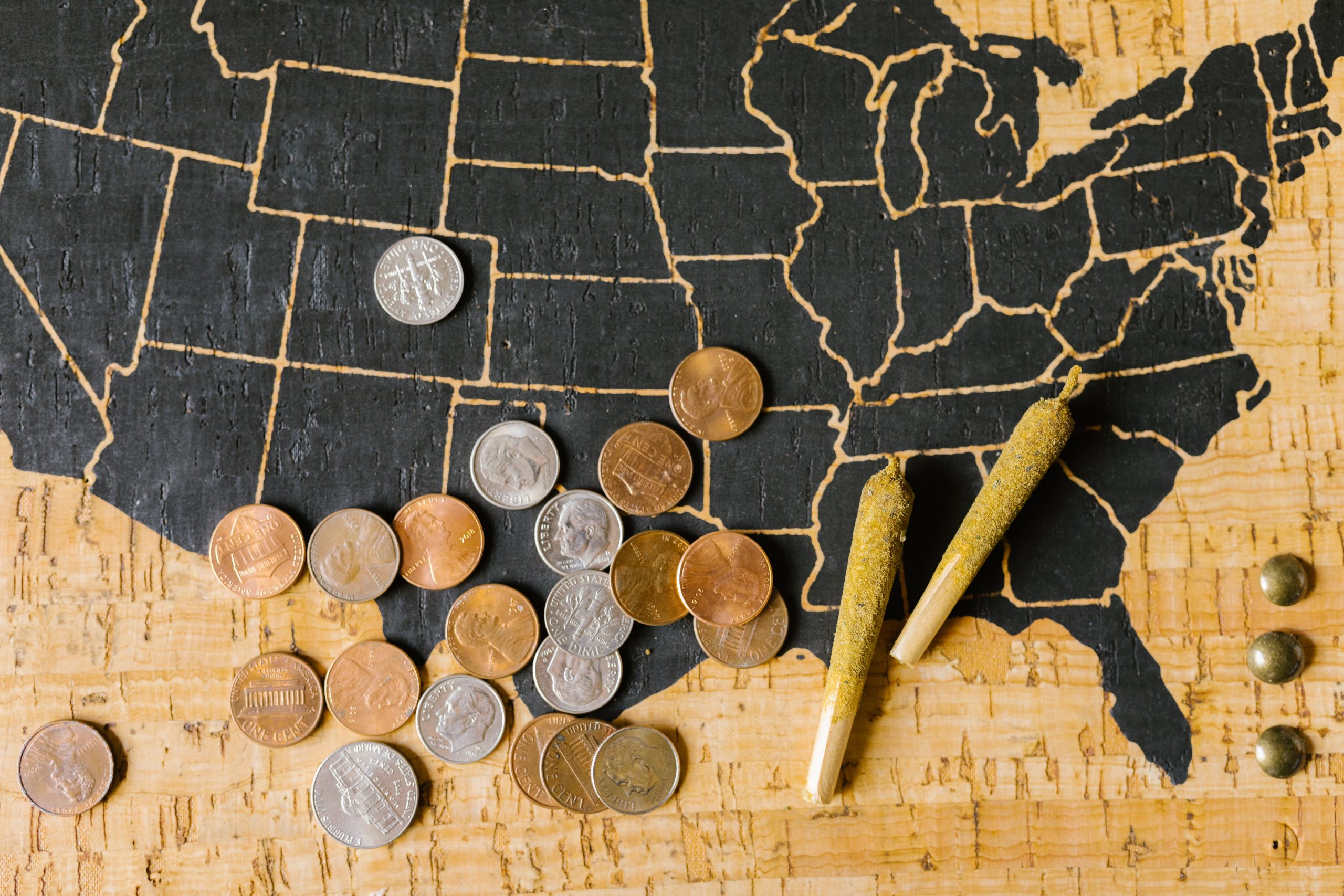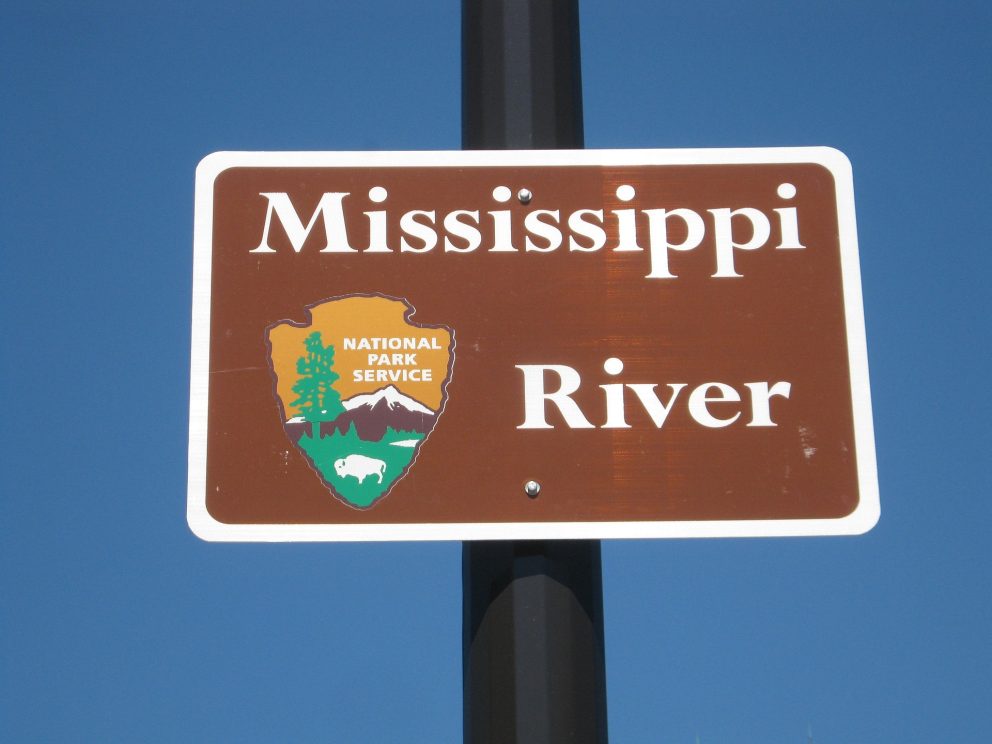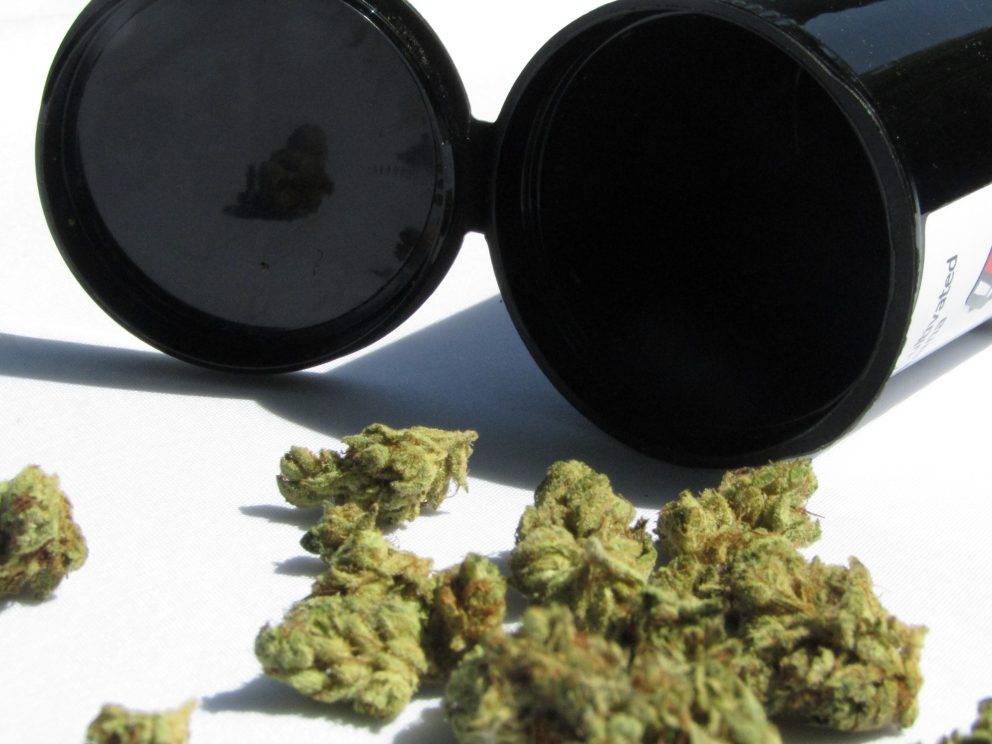
Is Weed Legal in Mississippi? MS Weed Laws & Mississippi Marijuana Legalization Efforts in 2023
Is Marijuana Legal in Mississippi?
In short, the answer is no, recreational weed is not legal in Mississippi, but some forms of medicinal marijuana are legal and available for purchase at medical marijuana dispensaries. In order to access a medical marijuana dispensary, you must first have a medical marijuana card. Click here to apply for yours now!Mississippi Marijuana Legislation
Cannabis legalization might feel inevitable, after all, states all over the US are quickly shifting their attitudes about marijuana. For now, it still remains federally illegal, but states ultimately get to decide marijuana’s legal status for themselves. States are building out their own systems to embrace cannabis and allow for medical or recreational cannabis.
Has Mississippi legalized weed? This post will give you a rundown of weed laws in Mississippi so you can know your rights and, when applicable, legally find cannabis.
Apply for a Medical Marijuana Card Online Today
Join over 100,000 patients who have chosen Green Health Docs as their medical cannabis doctors. We have a 99% approval rate and offer a 100% money back guarantee!
Mississippi Marijuana Legislation
Cannabis legalization might feel inevitable, after all, states all over the US are quickly shifting their attitudes about marijuana. For now, it still remains federally illegal, but states ultimately get to decide marijuana’s legal status for themselves. States are building out their own systems to embrace cannabis and allow for medical or recreational cannabis.
Has Mississippi legalized weed? This post will give you a rundown of weed laws in Mississippi so you can know your rights and, when applicable, legally find cannabis.
There are a few different steps in between illegal cannabis and it being available statewide for residents. States are taking the time to vote, build legal and operational frameworks to accommodate a whole new industry. After all, if weed was legalized in one day how would you manage the changes to state law?
To the average American, cannabis can seem as simple as legal vs. illegal. However, laws must be rewritten, voted on, and implemented to make it all work. Not to mention a misstep can lead to improper regulation.
This post will cover the full scope of cannabis law as it stands in Mississippi, how the laws work and how you can easily sign up for medical marijuana. Not to mention, a brief rundown of the legalization efforts in Mississippi.
How is Cannabis Legalized?
Cannabis law is not quite as simple as one law making cannabis legal. The law is a bit more nuanced and before marijuana of any kind can be legally available, laws must be established, changed, and often an infrastructure must be established for the new industry.
There are three forms of cannabis legalization: decriminalization, legalization for medical use and being fully legalized for recreational use. Decriminalization downgrades the crime of marijuana possession to a minor offense. Legalization for medical use makes marijuana available as a prescription, often for medical conditions approved by the state. Recreational legalization almost fully legalizes cannabis within the state’s boundaries.
For more information check out this helpful post on cannabis laws in America.

Photo by Marchnileo
Mississippi Marijuana Laws
Mississippi marijuana law is unique, Mississippi was an early adopter of decriminalization. This may be because it was home to the National Institute on Drug Abuse’s only facility where cannabis was grown by the federal government.
As far back as 1979, cannabis possession in small amounts was penalized with only a small fee. Anyone in possession of less than 30 grams (1.1 oz) of marijuana simply had to pay a $250 fine. While jail time was possible, first time offenders often did not face jail time.
Granted this was at the discretion of the arresting officer. While probation was often preferred to jail time, any marijuana conviction would result in a 6 month suspension of your driver’s license. Possession of drug paraphernalia i.e. tools for smoking weed was also against the law. Oftentimes, the lesser sentence was chosen.
In 2014, Mississippi legislators passed House Bill 1231 a.k.a. Harper Grace’s Act which legalized CBD products. This was a movement towards legalizing medical marijuana and often how many states begin their transition into legalized cannabis.
In 2020, Initiative 65 was passed to legalize medical marijuana for qualified patients. The Mississippi Supreme Court ended up overturning Initiative 65 in 2021. The issue with cannabis law is often if its phrased incorrectly or introduces any problematic legal language it will often get cut off at the pass.
Mississippi Medical Marijuanas Bill
During the February 2, 2022 Regular Session of the Mississippi Legislature, Bill 2095 a.k.a. The Mississippi Medical Cannabis Act passed and Governor Tate Reeves signed it into law. This act officially legalized medical marijuana in Mississippi.
As of January 2023, more than 1,700 patients are enrolled in Mississippi’s medical marijuana program. Registration is a key part of the enrollment process and can showcase the potential for legalized cannabis in a given area.
Mississippi’s approach to medical marijuana is unique and understanding it can ensure that you can get the most from your experience.

Photo by RDNE Stock project
Medical Marijuana In Mississippi
Each state’s approach to managing medical marijuana is different. Most require that you register with the government in some capacity. In MS, you register with the Mississippi Medical Cannabis Program (MMCP) which is managed by the Mississippi Department of Health.
The Mississippi State Department of Health will oversee the licensing, regulating and enforcement of laws relating to:
- Patient’s cards
- Medical Practitioners
- Cannabis Cultivation Facilities
- Cannabis Processing Facilities
- Cannabis Testing Facilities
- Cannabis Waste Disposal Entities
- Cannabis Transportation Entities
Patients need to register with the MMCP, visit an approved doctor who will confirm they have a qualifying condition approved for medical marijuana and register for their card. There is a nonrefundable fee of $25 and $15 for Medicaid patients.
Some people can have their medical marijuana applications denied for a disqualifying felony offense. The conditions for a disqualifying felony offense are:
- Conviction of a violent crime as defined by state law in Miss. Code Ann §97-3-2.
- Conviction of a violent crime outside of Mississippi that fit the criteria of that jurisdiction
- Conviction of a state or federal controlled substances law violation at the felony level within 5 years. This excludes any violation that would be legal by the terms of the MS Medical Cannabis Act.
One unique aspect of Mississippi marijuana law is the cap on how much cannabis patients can have at a fixed time.
The law officially says: A resident cardholder shall not obtain more than a total of six (6) Mississippi Medical Cannabis Equivalency Units (MMCEUs) of allowable medical cannabis in a week from a dispensary or a combination of dispensaries.
A single MMCEU shall be considered equal to:
- Three and one-half (3.5) grams of medical cannabis flower
- One (1) gram of medical cannabis concentrate
- One hundred (100) milligrams of THC in an infused product
A resident cardholder shall not obtain more than a total of twenty-four (24) MMCEUs of allowable medical cannabis in thirty (30) days from a dispensary or a combination of dispensaries.
This translates to:
- 1 week Flower Limit: 6 units = 21 grams
- 1 week Concentrate Limit: 6 units = 6 grams
- 30 day Flower Limit: 24 units = 82 grams
- 30 day Concentrate Limit: 24 units = 24 grams

Photo by Ndispensable
What Are The Qualified Medical Conditions For Medical Marijuana In Mississippi?
Currently, medical marijuana has been approved for the following medical conditions:
- Cancer
- Parkinson’s Disease
- Huntington’s Disease
- Muscular Dystrophy
- Glaucoma
- Spastic Quadriplegia
- An HIV Positive Result
- AIDS (Acquired Immune Deficiency Syndrome)
- Hepatitis
- ALS (Amyotrophic Lateral Sclerosis)
- Crohn’s Disease
- Ulcerative Colitis
- Sickle-Cell Anemia
- Alzheimer’s Disease
- Dementia
- Post-Traumatic Stress Disorder (PTSD)
- Autism
- Pain Refractory To Appropriate Opioid Management
- Diabetic/Peripheral Neuropathy
- Spinal Cord Disease Or Severe Injury
- Cachexia Or Wasting Syndrome
- Chronic Pain
- Severe Or Intractable Nausea
- Seizures
- Severe And Persistent Muscle Spasms Including, But Not Limited To, Those Characteristic Of Multiple Sclerosis
If you want help or a quick start to getting medical marijuana in Mississippi click here for help with our seamless process.
How to Get Your Medical Marijuana Card In Mississippi?
Getting your medical marijuana card can be intimidating but luckily, Green Health Docs makes the process simple. Here’s how you can get your medical marijuana recommendation in a few quick steps.
- Schedule an appt with a Green Health Docs provider. Clinics are open 1-2 days per week and patients can typically schedule their appointments within the same week.
- Meet with your provider. If approved, your certification will be uploaded to the state portal within 24-48 hours.
- Once the certification has been uploaded, you will need to complete your registration with Mississippi online. The state typically approves registrations within 2-7 business days.
- Once your recommendation has been certified and successfully registered with the state, you can immediately start purchasing products from dispensaries.
The total time frame is roughly 4-7 business days from your appointment date. Green Health Docs makes the process easy. To get started click here.
Mississippi Medical Marijuanas Dispensary
Many dispensaries are currently open and have products available for patients. Check out this full list of active dispensaries on our website.
The Mississippi Department of Revenue manages the licensing for medical cannabis dispensaries as well as regulating, and enforcing the law for medical cannabis dispensaries.
Specifically, the Alcoholic Beverage Control Enforcement Division of the Mississippi Department of Revenue will be licensing and regulating dispensaries. This division will also be responsible for enforcing medical cannabis laws as they pertain to the purchase, sale, and distribution of medical cannabis at dispensaries.
This is a good sign for recreational cannabis enthusiasts. While it makes no guarantees of immediate legalization, it does point to the department that would manage recreational cannabis is involved with the establishment and management of dispensaries which means a more seamless transition should recreational cannabis get legalized.
When Will Weed Be Legal In Mississippi?
The fact that regulation of medical cannabis dispensing is in the hands of the Alcoholic Beverage Control Enforcement Division is a good sign. This eliminates the amount of steps needed to take towards legalizing cannabis.
As of now, recreational cannabis is illegal. There is a ballot measure known as The Mississippi Marijuana and Hemp Decriminalization Initiative (2023) which would essentially legalize marijuana, hemp, and cannabis-derivatives, allowed individuals to grow up to 99 plants without a license, release prisoners held on marijuana-related charges, and expunge related criminal records.
This law did not make it on the ballot. However, given the fact it made it that far, the general roll out of medical, there is hope for recreational cannabis. Mississippi residents can partner with organizations like the Marijuana Policy Project to show their support for the legalization of recreational cannabis.
These laws often require public support and even resident signatures to make it to the level where they can be voted on or passed into law.
Mississippi Grow License
In order to obtain a license to grow or distribute cannabis in Mississippi you need to apply for a license. The fees can range from $1,500 – $3,500/per year depending on the scope of your business.
You need to file an application and that application includes a robust plan that must outline your plans and procedures for managing:
- Employment
- Disposal of cannabis waste
- Hours of Operation
- Security
- Types of products and their quantities
- Planting, harvesting, drying, and storage plans
- Inventory and tracking
- Transportation of cannabis products
- Record keeping
- Security
You will need to have a business entity as well as liability insurance. These applications can often be robust and competitive.
Is Delta 8 Legal In Mississippi?
While legal at the federal level, thanks to the 2018 Farm Bill, Delta-8-THC is not legal in MS.
Mississippi enacted a bill (SB 2725) which was based on the 2018 Farm Bill and legalized the cultivation of hemp and production of hemp-based products. The caveat is that it did not legalize isomers of illegal substances.
HB 1547 clarified which drugs are illegal and listed their isomers, synthetic substances, and derivatives as also illegal in Mississippi. This puts isomers like delta-8 and delta-10 as illegal as traditional THC by Mississippi state law.
While delta-8 and other isomers are legal on the federal level, if made from legal hemp, by being chemically identical to THC they’re illegal.
Final Thoughts
Mississippi is one of the first states to decriminalize cannabis possession and was even one of the only sites where the United States legally grew cannabis. That being said, it has finally legalized medical marijuana.
While the law is nuanced you can simply sign up for your medical marijuana card. Start here. There is no telling how long it may be before the Magnolia State legalizes cannabis across the board but there are definitely qualified patients seeking prescriptions.
 This article has been reviewed by Dr. Anand Dugar, an anesthesiologist, pain medicine physician and the founder of Green Health Docs. Graduating from medical school in 2004 and residency in 2008, Dr. Dugar has been a licensed physician for almost 20 years and has been leading the push for medical cannabis nationwide.
This article has been reviewed by Dr. Anand Dugar, an anesthesiologist, pain medicine physician and the founder of Green Health Docs. Graduating from medical school in 2004 and residency in 2008, Dr. Dugar has been a licensed physician for almost 20 years and has been leading the push for medical cannabis nationwide.
